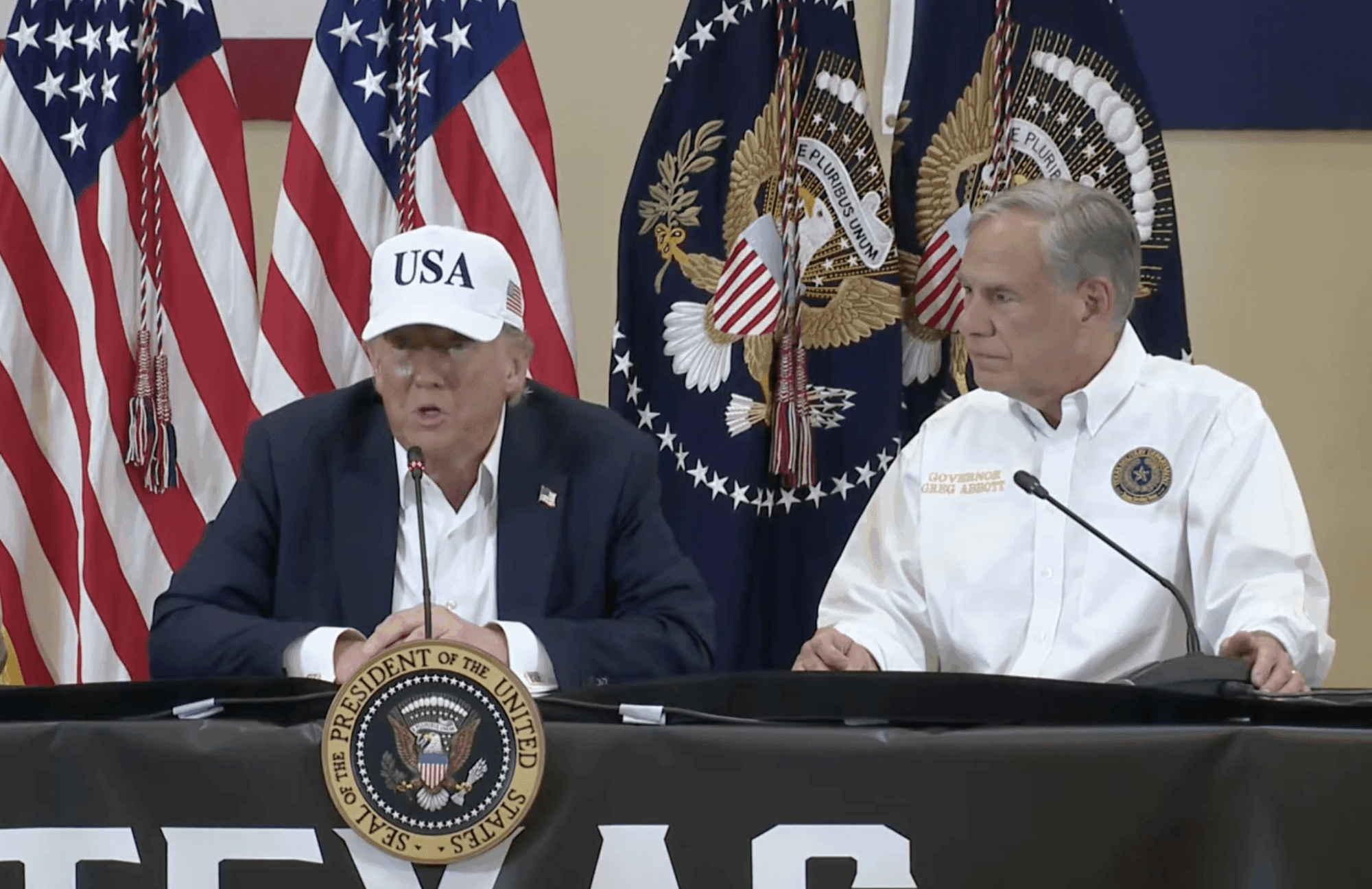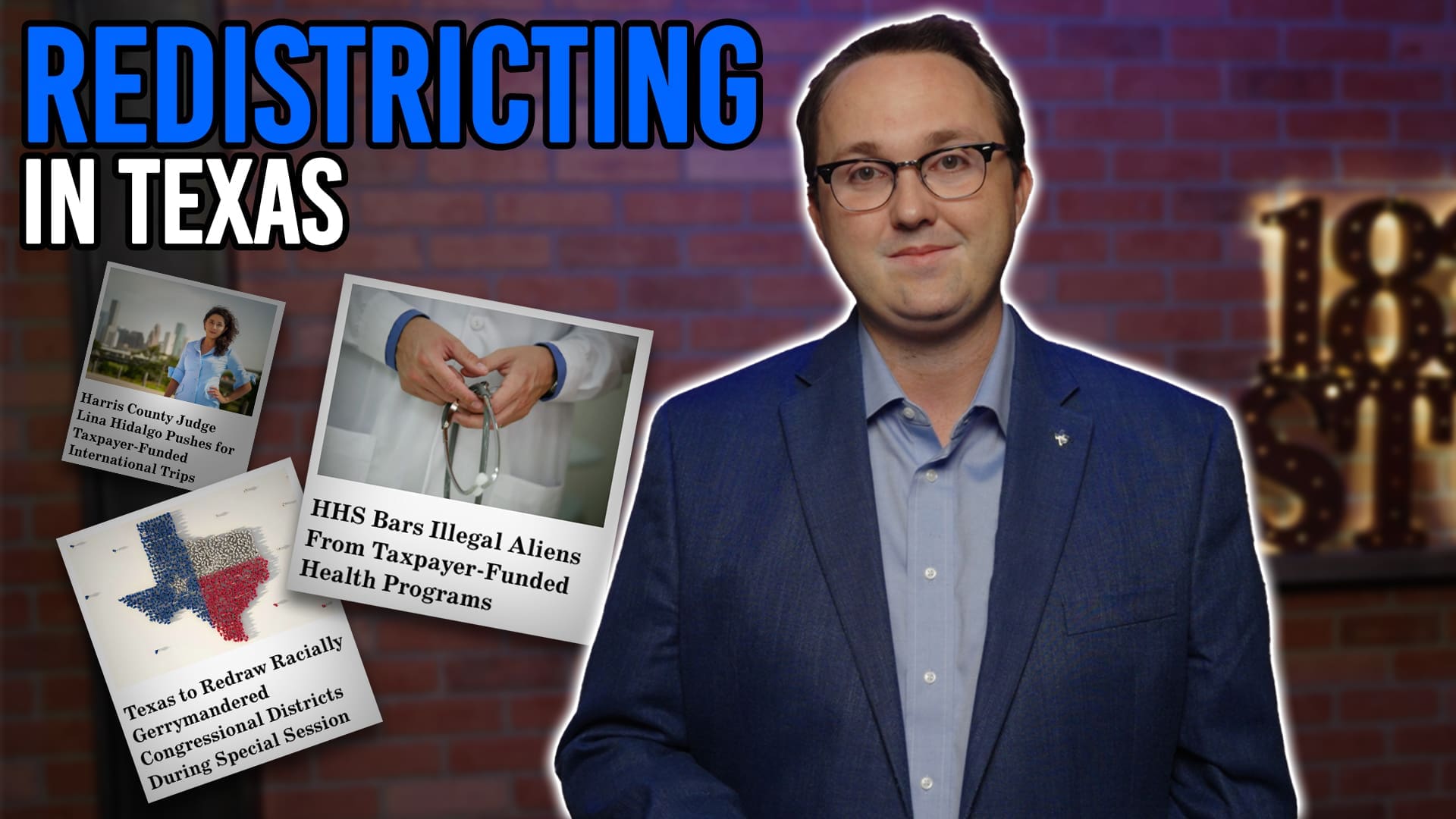Three-term Texas Sen. John Cornyn (R) is obviously anticipating a tough 2020 fight for re-election. During this year’s first quarter, he led all incumbents in fundraising bringing in $7.8 million to his campaign account and ending the period with $7.4 million cash-on-hand.
It appears the Senator will have credible opposition, but quite possibly not the person who most believed would enter the race.
Though he still hasn’t confirmed or denied that he will become a Senate candidate, reading the figurative political tea leaves suggests that Rep. Joaquin Castro (D-San Antonio) will not run statewide. But, retired Army helicopter pilot M.J. Hegar (D) will challenge the veteran incumbent who was Texas’ Attorney General and a state Supreme Court Justice before running for federal office.
Yesterday, Ms. Hegar, who raised more than $5.12 million for her losing congressional race against veteran Rep. John Carter (R-Round Rock) announced that she is entering the Texas Senate campaign. Though her 2018 announcement video entitled “Doors” that detailed her wartime heroism attracted more than 3 million viewers, thus making her a national congressional candidate and leading to her strong fundraising effort, didn’t result in victory in a strong Republican district against a popular incumbent—she lost 51-48 percent—it did put her on the national political map.
Earlier in the year, Rep. Castro began making statements strongly hinting that he would run for the Senate. But, his actions and the latest developments suggest otherwise.
First, there appears to be no internal momentum associated with his building a major campaign. Leading to that conclusion is Castro’s own first quarter fundraising support. From January 1st through March 31st, the four-term incumbent and former Texas state Representative raised only $36,028 and has just $87,572 in his campaign treasury.
These are hardly the dollar numbers one needs to launch a Senate race in the nation’s second largest state. We will remember, for example, that then-Rep. Beto O’Rourke (D-El Paso) banked over $80 million for his 2018 race against Sen. Ted Cruz (R).
Second, while considering whether she would run statewide, Ms. Hegar let it be known publicly that whether or not Rep. Castro entered the race would have no bearing upon her own decision, and that she would have no qualms about opposing him for the party nomination. Her stand regarding Rep. Castro contrasted with 2014 gubernatorial nominee Wendy Davis who said she would yield to the San Antonio Congressman if he decided to run.
Assuming that Ms. Hegar is the Senate nominee means Texas will open the 2020 political picture as a high second tier race. Though the state is clearly becoming more competitive, Sen. Cornyn’s strong electoral record means this will be a much tougher race than Mr. O’Rourke faced against Sen. Cruz who is not as popular in the home domain as his senior state seat mate.
President Trump’s 52-43 percent Texas win in 2016 and losing the Dallas, Houston, and San Antonio vote tabulations began to suggest that the previously solid Republican territory is beginning to show cracks.
Last year, Sen. Cruz slid to only a 51-48 percent win, and the Democrats converted two congressional seats and made significant gains in the state House and Senate. Additionally, Gov. Greg Abbott (R), who dominated the political landscape during the campaign against weak opposition, scored a less-than-expected 56-42 percent statewide win including an outright loss in Dallas County.
Though Sen. Cornyn must be rated as a clear favorite for re-election, we will be hearing a great deal from a Cornyn-Hegar general election campaign. Considering the Democrats will spend significant money in Texas for the presidential race in order to change the turnout model, this Senate race will be one to watch.
This is a commentary submitted and published with the author’s permission. If you wish to submit a commentary to Texas Scorecard, please submit your article to submission@texasscorecard.com.




